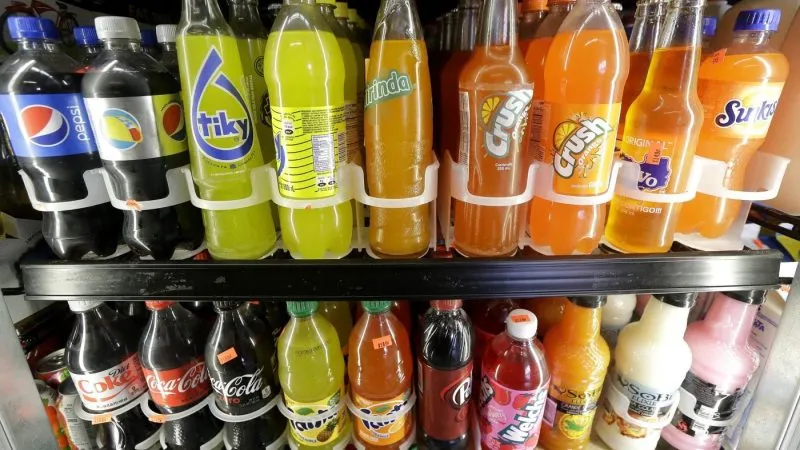
Study Reveals: Not All Sugary Treats Are Created Equal for Heart Health
Recent research highlights that when it comes to sugar consumption, the type of sweet indulgence matters as much as the amount. A study published on December 9 in Frontiers in Public Health explored the dietary habits of 69,705 Swedish individuals, aged 45 to 83, over a 22-year period (1997–2019). The findings shed light on how different sugary treats may impact cardiovascular health.
Classifying Sweet Treats
The study categorized sugary foods and drinks into three distinct groups:
- Treats: Pastries, ice cream, and chocolate.
- Toppings: Table sugar, honey, and jams.
- Sweetened Beverages: Soda, fruit drinks, and other sugary drinks.
Among these categories, sweetened beverages showed the strongest association with cardiovascular disease (CVD). Surprisingly, the study found that consuming fewer sugary “treats” might also be linked to a higher risk of heart disease, warranting further investigation.
Key Findings
“The findings emphasize the adverse health effects of sweetened beverage consumption and indicate higher cardiovascular disease risks with lower treats intake,” the researchers noted.
Lead author Suzanne Janzi, a doctoral student in nutritional epidemiology at Lund University in Sweden, clarified to CNN that the study was observational. While adjustments were made for factors such as age, sex, alcohol use, smoking, exercise, and BMI, other unmeasured variables could influence the results. Thus, the study does not establish a direct cause-and-effect relationship but rather identifies associations.
Why Sweetened Beverages Are Riskier
Michelle Routhenstein, a cardiology dietitian and owner of Entirely Nourished, explained in a Healthline article that sweetened beverages have a high glycemic index, causing rapid spikes in blood sugar. These spikes trigger insulin release, the hormone that helps cells absorb glucose. Over time, frequent consumption of high-sugar drinks can impair the body’s ability to manage blood sugar effectively, increasing the risk of heart disease.
Guidelines for Sugar Consumption
The American Heart Association (AHA) advises limiting added sugars to no more than 6% of daily calorie intake. This equates to about six teaspoons of sugar per day for most women and nine teaspoons for men.
Practical Takeaway
While indulgence in sweet treats like pastries and chocolate may not be as harmful as sugary beverages, moderation is key. Choosing lower-glycemic options and keeping sugar intake within recommended limits can help support better cardiovascular health.
This study adds to the growing body of evidence emphasizing the nuanced relationship between sugar consumption and heart health, reminding us to be mindful of not just how much, but also what kind of sugar we consume.
Health
Copyright 2024 Nexus News Media Inc. All rights reserved. This material may not be published, broadcast, rewritten, or redistributed.




